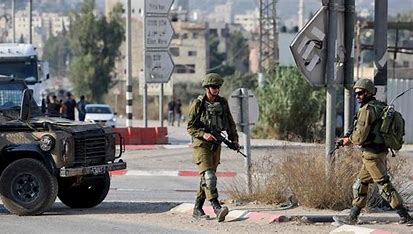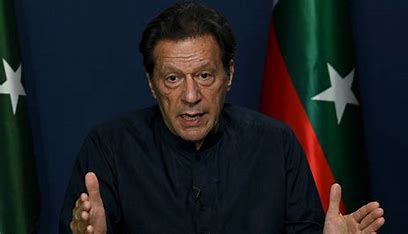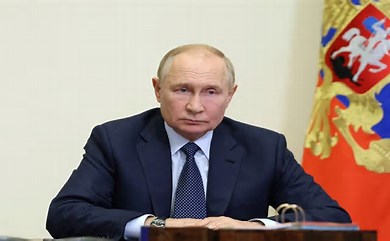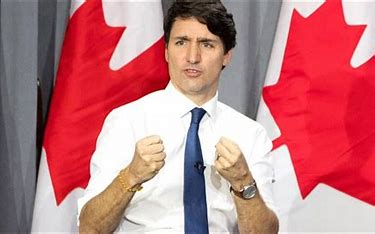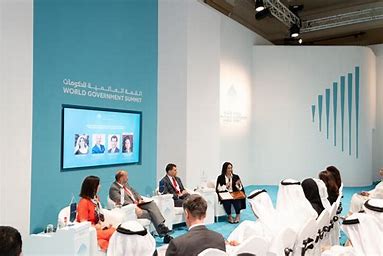Prime Minister Narendra and Prime Minister of Bangladesh, Sheikh Hasina will inaugurate the India-Bangladesh Friendship Pipeline on March 18 via video conference. This is the first cross-border energy pipeline between India and Bangladesh, built at an estimated cost of Rs 377 crore, of which the Bangladesh portion of the pipeline was built at a cost of approx. Rs 285 crore, has been borne by the Govt of India under grant assistance, read Prime Minister’s Office press release. The Pipeline has the capacity to transport 1 Million Metric Ton Per Annum (MMTPA) of High-Speed Diesel P5 (HSD). It will supply High-Speed Modi, Hasina to jointly inaugurate Friendship Pipeline tomorrow Diesel initially to seven districts in northern Bangladesh. The operation of India- Bangladesh Friendship Pipeline
will put in place a sustainable, reliable, cost-effective and
environment-friendly mode of transporting HSD from India to Bangladesh and will further enhance cooperation in energy security between the two countries, added the
release. The India-Bangladesh Friendship Pipeline will carry diesel from Assam-based Numaligarh Refinery Ltd’s (NRL) marketing terminal at Siliguri in West Bengal to the Par-
batipur depot of Bangladesh Petroleum Corporation (BPC). The project is jointly implemented by the Numaligarh Refinery Limited of India and Meghna Petroleum Limited
of Bangladesh. Initially, Bangladesh would buy some 2.5 lakh tonnes of diesel. It would then be increased up to 4 to 5 lakh tonnes in the following years. Under the contract, Bangladesh will import diesel for 15 years from the day when supply commences.
India-Bangladesh Friendship Pipeline would help provide a stable supply of diesel in all 16 northern districts under Rangpur and Rajshahi in Bangladesh. It will ensure fast-
paced delivery of fuel at a minimum cost. Currently, imported diesel are supplied to these regions via wagons and trawlers from the Chattogram and Mongla ports. It costs around USD 8 for each barrel of fuel to be transported from the port city. The pipeline would reduce the cost to around USD 5 per barrel. It will also reduce the transportation time to just one hour as opposed to the current situation of taking several days to transport diesel via wagons and trawlers.
